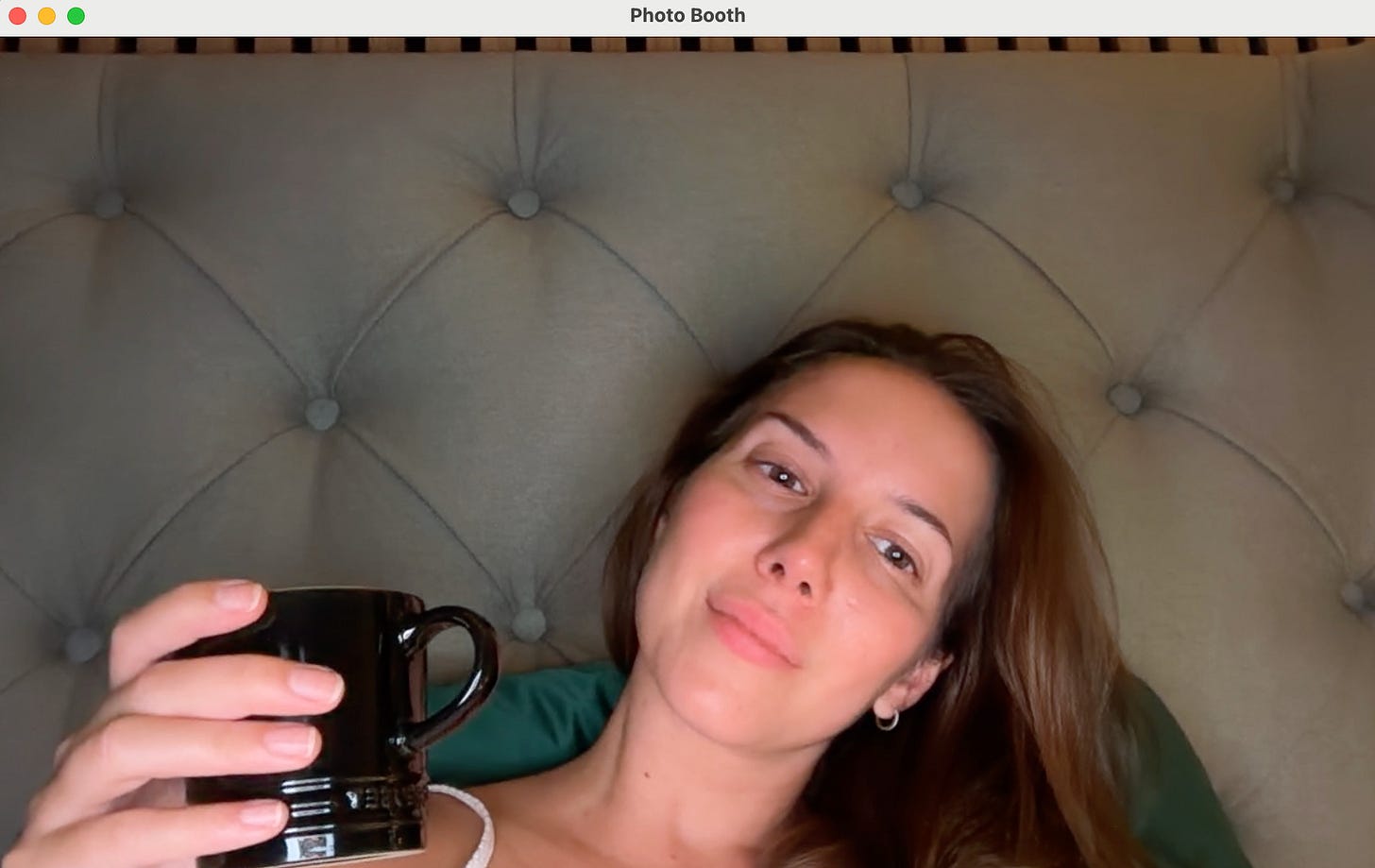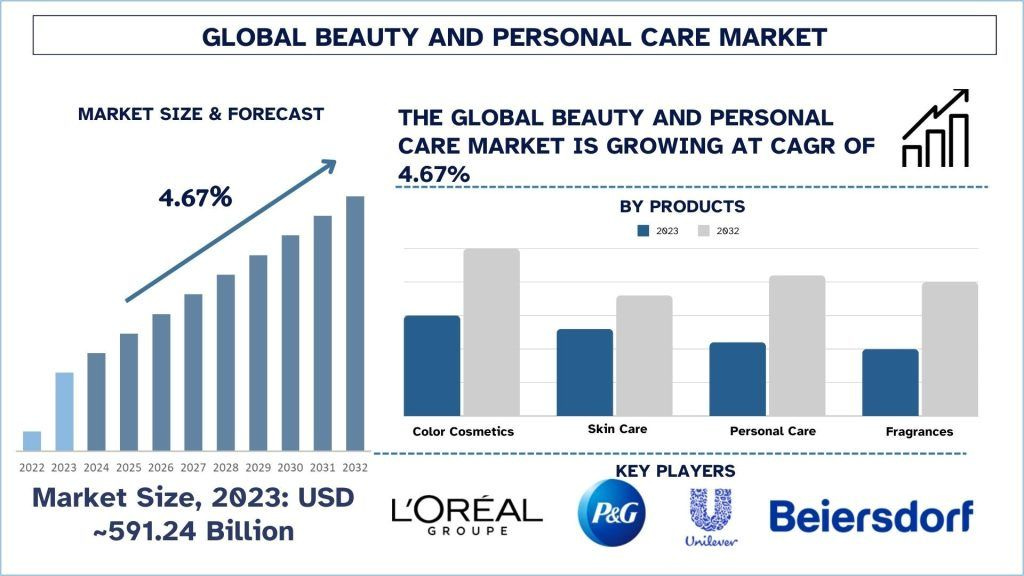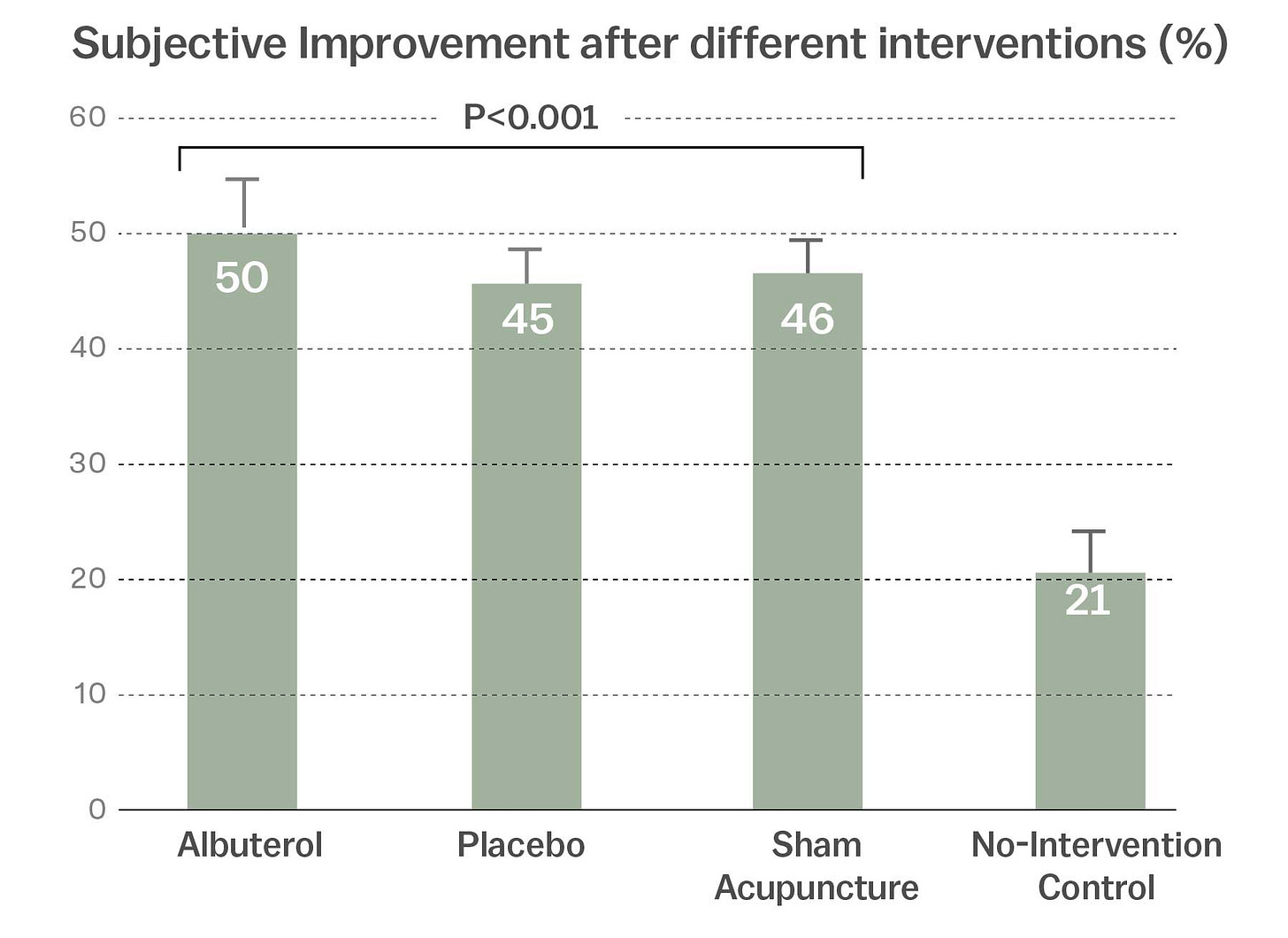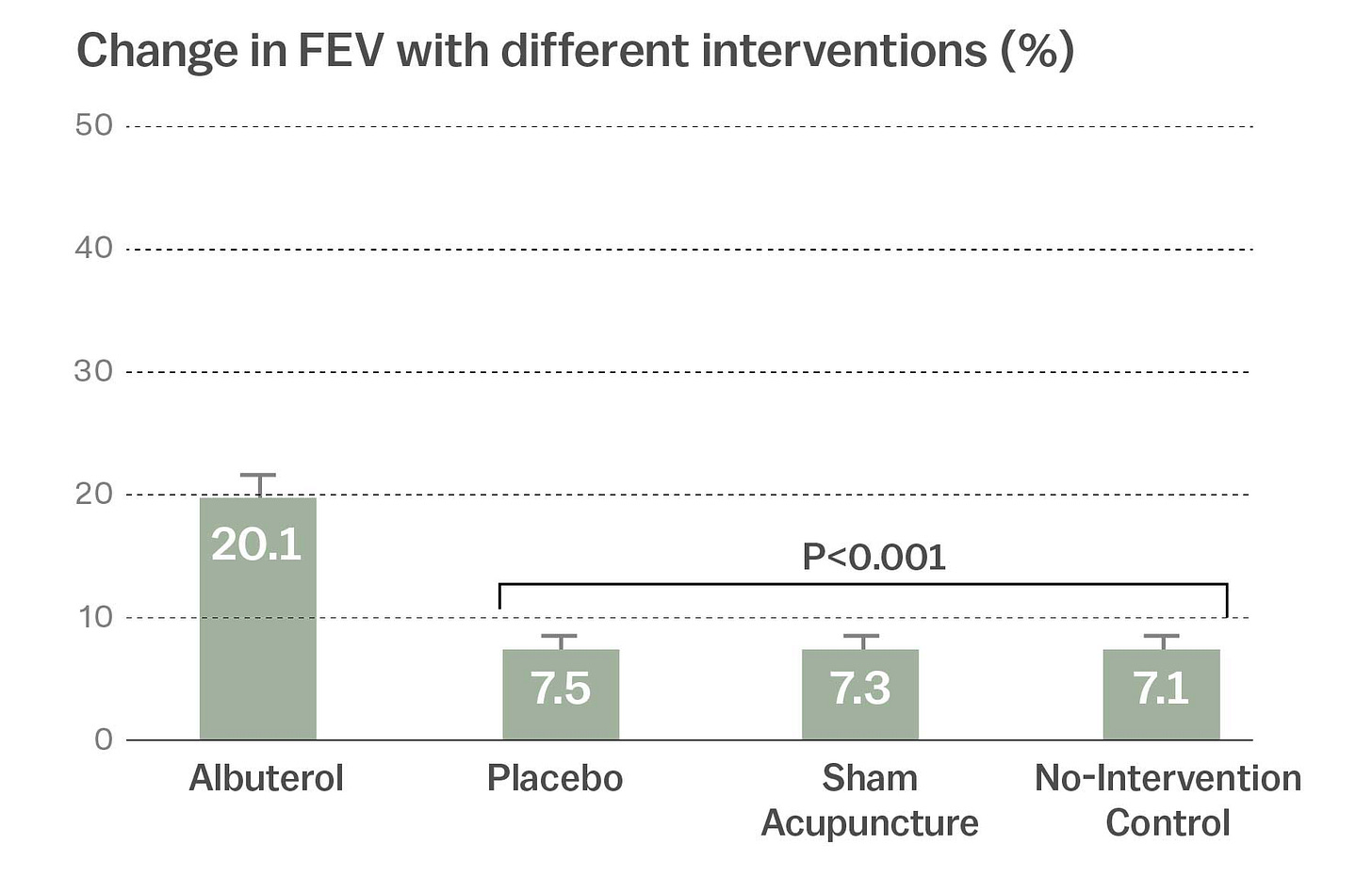Good morning everyone. It’s 6:16AM as I’m writing this essay before work, and I’m thoroughly enjoying my coffee, listening to birds chirping through the breezy open window, seeing the first orange hue of the sun starting to rise on the building opposite me.
If you’ve been online in the past week, I’m sure you’ve seen that SKIMS has launched ‘face shape-wear’. It’s essentially a strap designed to wear around your chin and neck in order to lift and shape the jawline. Of course, everyone assumed it was a joke. Comments range from “girls please I’m begging you to science” to “I want off this planet”. But that didn’t stop the strap from selling out at €62 a piece, with SKIMS most likely making a 5000% markup on these.
I’m not surprised they sold out. I don’t see how this is any crazier than putting snail slug on one’s face, or injecting salmon sperm, or buying facial fitness chewing gum? Isn’t all fair and square in the name of self-care? That’s what I think this is. Self-care made tangible and visible. Self-care signalling.
Maybe not so much signalling to others, but rather signalling to oneself that we are taking ourselves and our feelings seriously. And maybe this is why self-care has such a timeless hold on humans - especially in more turbulent times.
It doesn’t always offer factual results, but it does absolutely give us subjective feelings of care, beauty and worth. And there’s absolutely nothing wrong with that. In fact, who knows, we may be self-administering placebos in nearly every aspect of our lives. And it doesn’t even matter if we know it. The open-label placebo effect means that a placebo still works, even when we know it’s a placebo. And science doesn’t really understand why. But it does. And that’s very likely what is going on with this SKIMS mask. Do people know it’s unlikely to work? Yes. Do they still buy it? Also yes. Will they feel like it worked after they use it? Probably yes.
According to the interesting research, placebos seem to trigger some kind of pain-mediating effect in the brain, nervous system and spine. This means that anything able to be altered by body-created opioids, will indeed be affected positively. Whereas the placebo effect used to have a negative connotation, the medical field is now wondering how we can utilise and integrate the effects into daily practice. It’s an incredible feat of our body, and should be considered and used as such.
So can we placebo ourselves younger by taking supplements and using creams if we believe they’ll work as intended? After investigating I can say:







